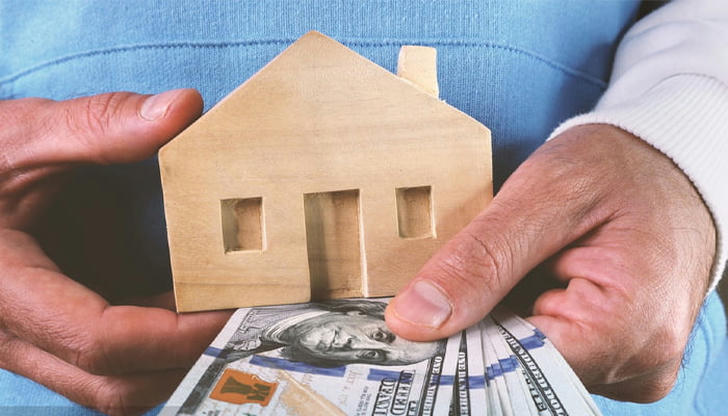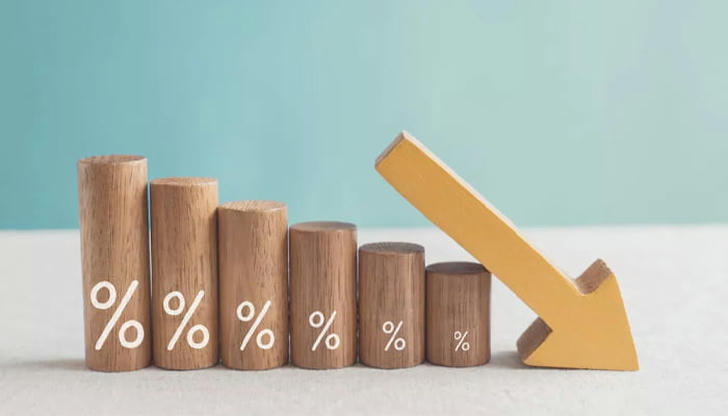Bad Credit? 5 Practical Ways to Get Approved for a Personal Loan

Having bad credit can feel like a heavy burden when you're in need of financial assistance, particularly when it comes to securing a personal loan. Many banks and lending institutions use your credit score to assess whether you're a trustworthy borrower. If your score is low, your chances of getting approved may seem slim. Even if you do get approved, you might face higher interest rates. But don't worry—there are still ways to improve your chances of securing a personal loan, even with bad credit. Here are five practical tips that can help you get the approval you need.
1. Get a Cosigner or Guarantor

One of the most effective ways to increase your chances of getting a loan approved, despite bad credit, is to apply with a cosigner or guarantor. A cosigner is someone who agrees to share responsibility for the loan repayment if you're unable to make payments. This reduces the bank's risk, as they now have an additional party to turn to if you default on the loan.
A guarantor is similar but typically steps in only if you fail to meet repayment obligations. When a bank sees that there’s someone else who will bear responsibility for the loan, they’re more likely to offer you a loan at a better interest rate and with more favorable terms.
However, it’s important to understand that this option comes with risks for the cosigner or guarantor. If you fail to make payments, their credit will be impacted too. So, be sure you’re confident in your ability to repay before asking someone to co-sign.
2. Compare Loan Providers

In Hong Kong, the loan market is competitive, and different banks have different lending criteria. Just because you’re turned down by one bank doesn’t mean you’re out of luck. Take the time to shop around and compare different loan providers. Some banks may be more lenient than others when it comes to bad credit applicants.
You can use comparison websites or financial advisory platforms to get a sense of which banks offer the best deals for people with less-than-ideal credit scores. By comparing interest rates, loan amounts, and repayment terms, you can find an option that suits your financial situation and increases your chances of approval.
Additionally, some non-bank lenders may also be willing to offer loans to individuals with poor credit, often at higher interest rates, so be sure to explore all your options.
3. Lower the Loan Amount

If you're struggling to get approved for a personal loan due to your bad credit score, consider lowering the amount you want to borrow. From a bank’s perspective, a smaller loan is less risky because they stand to lose less money if you default.
Take a close look at your financial needs and assess how much you truly need to borrow. If you can get by with a smaller loan, your chances of approval may improve. For instance, if you were initially looking to borrow $20,000 but can manage with $15,000, apply for the smaller amount. This could make the difference between getting approved or not.
Also, reducing the loan amount means lower monthly payments, making it easier for you to stay on top of your repayments and improve your credit score over time.
4. Apply with a Bank You Have a Relationship With

Banks value loyalty, and if you’ve had an account with a particular bank for many years, they may be more likely to approve your loan application—even if your credit score isn’t stellar. Relationship banking has been a popular concept for a long time, and it can work in your favor when applying for a personal loan.
If you have a history with a bank where you’ve maintained a savings account, paid your bills, and been generally responsible with your finances, the bank may view you more favorably. They already have a sense of your financial behavior and are more likely to trust you, even if your credit score isn’t perfect.
Before applying, it might be worth scheduling a meeting with your bank to discuss your loan options. This allows you to clarify your financial situation and potentially negotiate better terms based on your existing relationship with the bank.
5. Take Steps to Improve Your Credit Score

If none of the previous tips work out for you, it might be time to take a longer-term approach by improving your credit score before applying for a loan. Although this option takes time, fixing your credit score can open doors to better loan offers and lower interest rates.
Start by obtaining a copy of your credit report. This will show you what’s hurting your score. For example, unpaid utility bills, missed credit card payments, or defaults on other loans can all negatively impact your credit rating. If you notice any errors, dispute them right away to get your credit score back on track.
To improve your score, focus on paying bills on time, reducing credit card debt, and avoiding taking out unnecessary loans. Over time, these efforts will help raise your score and improve your chances of getting a loan with more favorable terms.
Final Thoughts
Bad credit can make the loan approval process more challenging, but it's not an impossible obstacle to overcome. By taking the right steps, such as finding a cosigner, shopping around for better loan providers, reducing the loan amount, leveraging your existing bank relationship, or improving your credit score, you can still secure the financial assistance you need.
Remember, each person’s financial situation is different, and what works for one person may not work for another. Be sure to evaluate your options carefully and choose the approach that best suits your needs and long-term goals. With a little patience and strategy, you can increase your chances of getting approved for a personal loan—even with bad credit.
